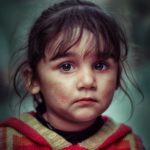
Within therapy there is so much that happens outside of the consulting room. In a classic paper from the psychotherapeutic world, Lambert and Barley asserted that 40% of change might be attributed to specific client variables and extratherapeutic events (Lambert and Barley, 2001). This contrasts to their view that therapeutic techniques and models might lead to about 15% of change, the same amount attributable to expectancy and placebo effects. This was an educated guess, but a guess based upon a rudimentary analysis of over 100 studies by one of the foremost psychotherapy researchers (Professor Michael Lambert) and thus his words have left a legacy on the profession.
A recent review by Blackshaw et al (2018) can therefore be seen as adding to the literature focusing upon extratherapeutic events; essentially, how does what goes on outside of the therapy room for children and young people impact upon what goes on inside it?
If we take specific individual life events and specific life traumas out of the equation for the time being, there is widespread acknowledgement of the impact of social issues upon individuals’ mental health (World Health Organization (WHO), 2014). Further, there is increasing acknowledgment that psychologists and therapists might play a role here (e.g. Barr et al., 2015; Winter et al., 2016); one beyond schemes that solely focus upon getting people back into work that is! For instance, if you look around the Mental Elf website it is not surprising you can find discussions of poverty and how societies can make us unwell. Such societal impacts might be viewed as even more pressured when it comes to considering the lives of children and young people. This is an age group that is significantly impacted by broader influencers such as parents, families, schools etc even before we get to the impact of political decisions.
With the above in mind, this new study (Blackshaw et al, 2018) reflects upon the body of literature that focuses upon the impact of life events and socioeconomic depression upon counselling and psychotherapy with children and adolescents. As such, it is situated within a special edition of a counselling and psychotherapy research journal focusing upon social inequalities.

What goes on outside of the therapy room, doesn’t stay outside the therapy room.
Methods
A systematic review of the current literature was conducted for this project. This involved searching the PsycINFO and Medline databases for papers in the first instance and filtering down from 2,140 to 118 by reviewing the titles and abstracts for relevance. An additional 88 papers were removed by assessing the full text and 12 were added through citation chaining (searching reference lists and contacting authors). This final haul of 42 relevant papers was then analysed for key themes using an adapted grounded theory approach.
Results
The results provide a narrative account of the 42 studies that were included. This involves describing the systematic reviewing processes noted above before describing the characteristics of the papers (design, participants and intervention). This is a challenge for considering the papers as a whole, but also demonstrates the limited work in this area.
After describing the papers, three questions are asked (with a brief summary of the results):
1. How are life events conceptualised?
These were viewed as coming ‘in many forms’. These varied in severity and included things like awaiting the amputation of a limb and observing parents arguing.
2. What methods are used to assess life events?
Most were assessed using self-report questionnaires, however there was little consistency in this process. Some also utilised follow up interviews, medical notes or reports from therapy.
3. What, if any, statistical analyses are used to assess the impact of life events on change/outcomes?
28 of the studies used statistical analysis to see how life events might impact upon the lifespan of therapy. These were often complemented by case study examples of how life events were seen to impact upon therapeutic relationships.
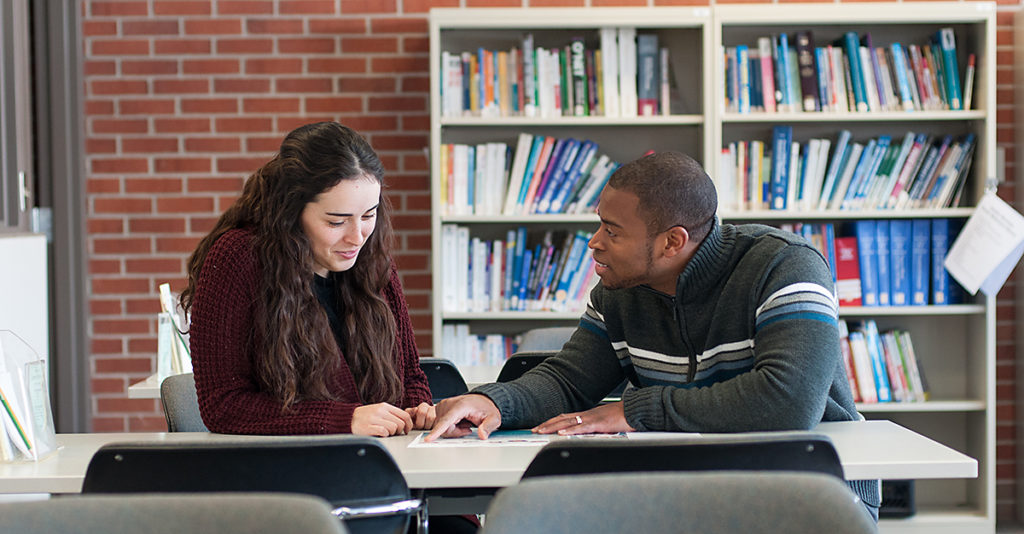
How do the life events of young people impact on therapeutic relationships in counselling or psychotherapy?
Conclusions
The paper concludes that researchers and practitioners need to pay more attention to concurrent life events in their work. It specifically recommends the development of life event measures for work with children and young people. Such a development might help develop a more consistent body of work in this area.
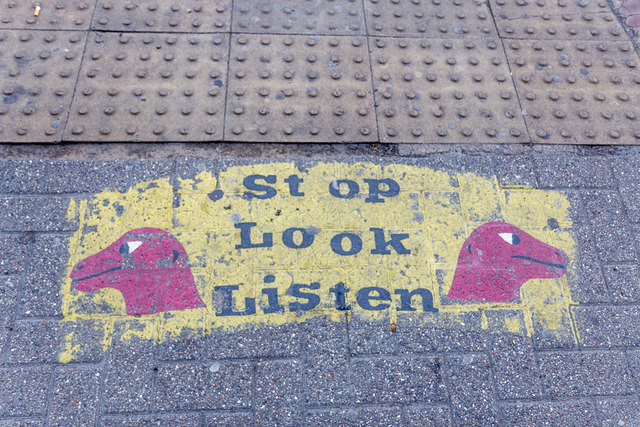
This review suggests that researchers and practitioners need to pay more attention to concurrent life events in their work.
Strengths and limitations
This paper provides a thorough review of the literature in this area. The design is well articulated (although I would have preferred some more methodological references to anchor some of the decisions) and the end result is a very useful resource for those interested in this territory (probably saving hours of searching for some). I actually found myself digging deeper into the additional resources hosted on the journal’s website so that I could find out more about the studies included (and the review process that was followed). In doing so, the effort that has been put into the filtering processes is very clearly evident and a treasure trove of additional information can be found.
One area that I personally would have been interested in being developed was the conceptual understanding of the findings. As noted above, the paper provides a useful summary of the territory. In contrast, I thought it was a bit light on how it might be linked to theory and utilised by professionals and practitioners. For instance, I wondered if there might have been some bridge to the work of people like Michael Lambert mentioned above and situated in the literature focusing upon extratherapeutic events.
My mind also spiralled off into considerations about the more systemic nature of psychological interventions and I wondered how these findings might be considered alongside ecologically minded theories (e.g. Bronfenbrenner, 1979). Now this didn’t seem to be the angle that the authors took here, but I could see merit in taking this next step.

This review and the supporting materials are a useful resource, which summarises the literature about how life events impact upon therapeutic work with children and young people.
Implications for practice
The humanistic psychologist Carl Rogers is reported to have said:
When I look at the world I’m pessimistic, but when I look at people I am optimistic.
In many ways this paper highlights the importance of paying more attention to the bigger picture, as pessimistic as that may currently be. External events clearly have an impact upon therapeutic work with children and young people, but these are not often considered in research. As such, therapists might want to pay more attention to the broader impacts of societal impacts and life events upon their clients. Additionally, researchers should not ignore such events upon the designs of their projects too.
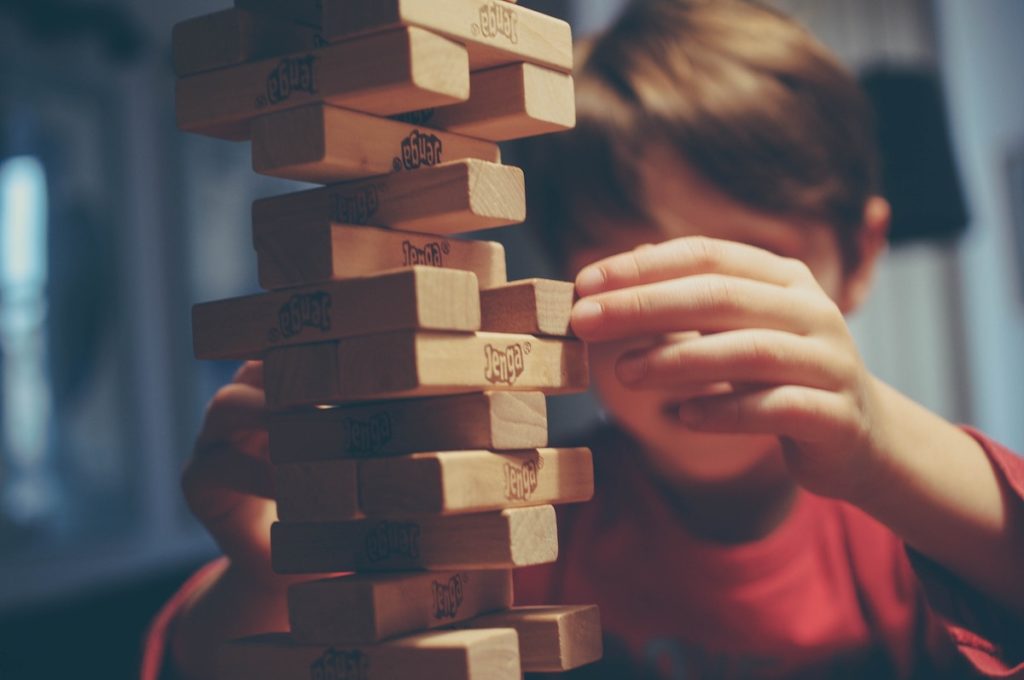
It is important for therapists and researchers to consider the context of those they are working with.
Taking #MHED2018 Beyond the Room!
Look out for live tweeting and podcasting from the #MHED2018 conference on 28-29 June 2018. This landmark conference brings together leading UK and international researchers, policy-makers, educators and allied professionals to explore the intersection between education and mental health and set the future research agenda for the field. The keynote speakers are Louise Arseneault, Mick Cooper, Natasha Devon, Celene Domitrovich, Kate Martin and Dan Olweus.
Read all the MHED2018 blogs that accompany this conference.
You can find out more about our #BeyondTheRoom social media service at beyondtheroom.net
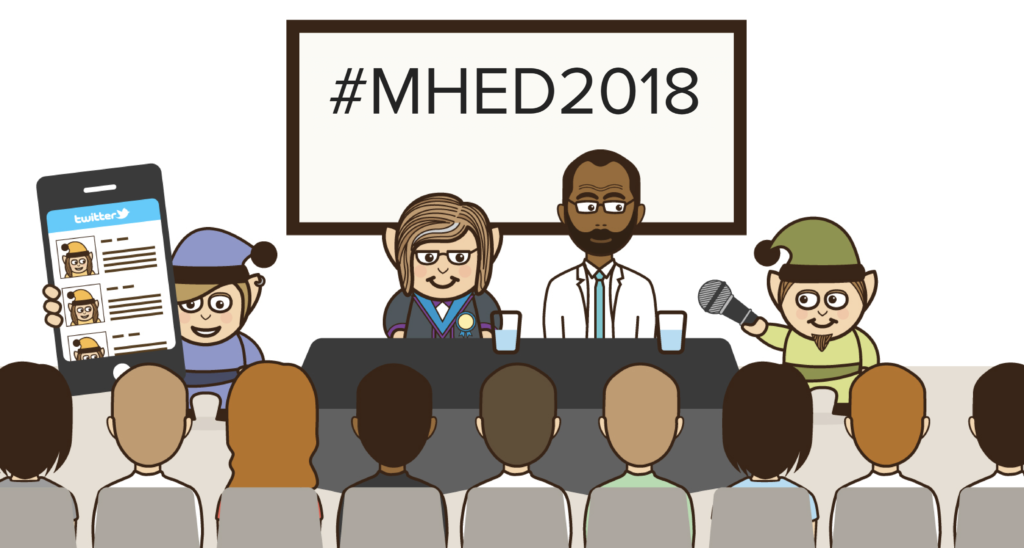
Follow #MHED2018 on Twitter for the latest research, policy and practice relating to education and mental health.
Conflicts of interest
During conferences I have wandered around a number of cities in the UK (and beyond) with the third author, several with the second and none (from recollection) with the first. I am interested in therapeutic work with children and young people (e.g. Hanley et al., 2012) and the impacts of socio-political situations upon wellbeing (Hanley et al., 2017). Finally, I have recently been appointed to the editorial board of the journal that this was published in, the British Association for Counselling and Psychotherapy’s Counselling and Psychotherapy Research. I played no part in the development of this edition however.
Links
Primary paper
Blackshaw E, Evans C, Cooper M. (2018) When life gets in the way: Systematic review of life events, socioeconomic deprivation, and their impact on counselling and psychotherapy with children and adolescents. Counselling and Psychotherapy Research, 2018: 18; 143-153. doi:10.1002/capr.12156
Other references
Barr B, Kinderman P and Whitehead M (2015) Trends in mental health inequalities in England during a period of recession, austerity and welfare reform 2004 to 2013 (PDF). Social Science & Medicine 147: 324–331. DOI: 10.1016/j.socscimed.2015.11.009.
Bronfenbrenner U (1979) The ecology of human development: Experiments by nature and design (PDF). Cambridge, MA: Harvard University Press.
Hanley T, Humphrey N and Lennie C (2012) Adolescent counselling psychology: Theory, research and practice. Adolescent Counselling Psychology: Theory, Research and Practice. DOI: 10.4324/9780203103173.
Hanley T, Winter LA and Burrell K (2017) Supporting Emotional Wellbeing in Schools in the Context of Austerity (PDF). Manchester: Manchester Institute of Education.
Lambert MJ and Barley DE (2001) Research Summary On The Therapeutic Relationship And Psychotherapy Outcome. Psychotherapy: Theory/research/practice/training 38(4). Psychotherapy: Theory/Research/Practice/Training: 357–361. [Abstract]
Winter LA, Burman E, Hanley T, et al. (2016) Education, Welfare Reform and Psychological Well-Being: A Critical Psychology Perspective. British Journal of Educational Studies 64(4): 467–483. DOI: 10.1080/00071005.2016.1171823.
World Health Organization (WHO) (2014) Social determinants of mental health. Geneva: WHO.
Photo credits
- Photo by Qasim Sadiq on Unsplash
- Photo by Chris Barbalis on Unsplash
- By Jefferyrauschert [CC BY-SA 4.0], from Wikimedia Commons
- Christine Matthews and licensed for reuse under this Creative Commons Licence
- Photo by Jungwoo Hong on Unsplash
- Photo by Michał Parzuchowski on Unsplash
